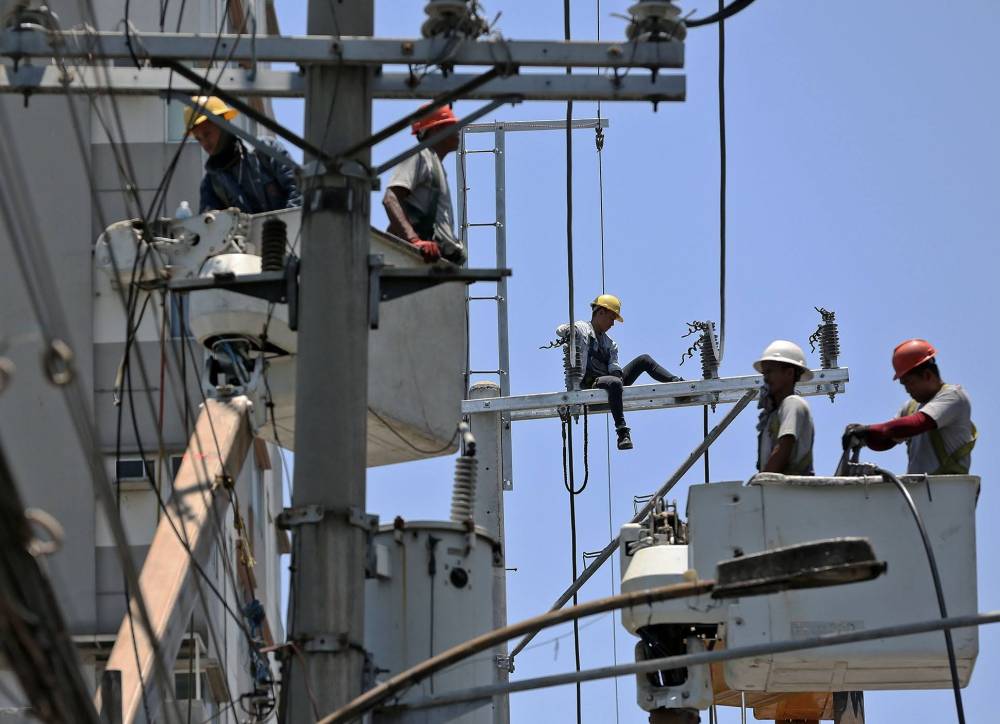ERC urges power stakeholders to help consumers avoid bill shock

With power rates still tipped to rise in May because of the extreme heat, power distributors and electric cooperatives nationwide are urged to explore ways to cushion the blow of bill shocks on consumers.
Monalisa Dimalanta, chair of the Energy Regulatory Commission (ERC), said power distributors may initiate talks with their respective suppliers to stagger payments of electricity bills even without seeking its approval.
The ERC did not provide any figure on the estimated increase in electricity rates since the pricing of distributors and cooperatives differ.
But Dimalanta said in a virtual briefing on Thursday that this “is a great help to avoid bill shock.”
“We are appealing to our [power distributors] to do it on their own because if they don’t do it on their own, then again, the regulator will be constrained to step in. And if we have to do it, we will do it. But we do not want to take the lead,” she said.
Dimalanta said some distributors take the initiative to levy electricity bills in tranches in times like this while certain suppliers are “very mindful of their civic duty” and allow the deferred payment mechanism in collecting generation charges.
Power generators are also told to “be receptive to these requests given the situation,” she said.
Dimalanta said distributors and cooperatives do not need to secure the ERC’s approval before implementing a staggered payment of power bills; instead, they only need to write a letter or inform the regulator of such a move.
The ERC made the pronouncement after it suspended the operations of the Wholesale Electricity Spot Market (WESM) in Luzon and Visayas during times of red alert to temper increases in billings.
‘Balancing act’
Dimalanta said the issuance of this order is not belated since certain mechanisms in WESM are in place such as the secondary price cap, a mechanism which aims to smooth out any unusual price movements. The price cap is set at P6.245 per kilowatt-hour.
“If an investor sees a regulator is trigger happy and always intervenes in the market, investors will always doubt the real cost of electricity if they see that we (the regulator) always step in. This is part of our [delicate] balancing act,” she said.
Since April 16, grid operator National Grid Corp. of the Philippines (NGCP) placed all regions nationwide—Luzon, Visayas and Mindanao—under red or yellow alert as many power plants were offline or have slashed their capacity.
On Thursday, the NGCP issued a yellow alert in the Luzon grid from 3 p.m. to 4 p.m. as 20 power plants were on forced outage while another one reduced its output.
A red alert is hoisted when there is not enough power in the system to meet the actual demand plus what the transmission system requires to keep the grid stable.On the other hand, a yellow alert is raised when the operating margin is insufficient but will not necessarily lead to power service interruptions.

















